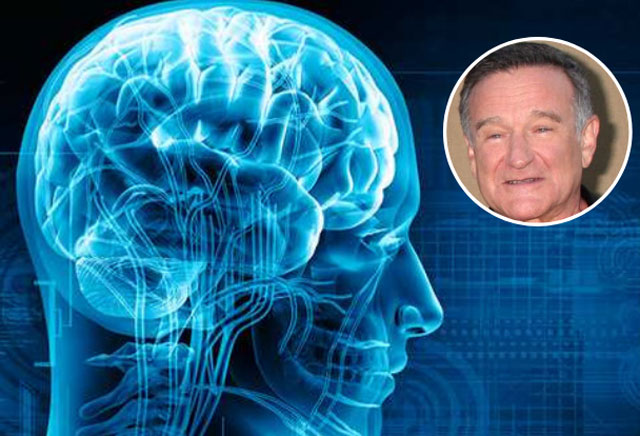See what the brain disorder called Lewy body dementia is all about.
Lewy body dementia is a brain disorder that can cause changes in thinking, movement, behavior, and mood.
Its most frequent symptoms and tend to occur from the beginning are visual hallucinations.
- Changes in alertness.
- Other effects include signs and symptoms similar to those of Parkinson’s disease, such as stiff muscles, slow movements, difficulty walking, and tremors.
- It also causes more problems with mental activities than with memory.
- Difficulty paying attention, planning, multitasking, problem solving, and reasoning.
- Problems with visual and spatial skills, such as those needed to determine distances and depth of things.
- Changes in concentration and attention, as well as alertness and wakefulness.
- Sleep disorders, including rapid eye movement sleep behavior disorder, excessive or lack of sleep, and restless legs syndrome.
- Depression, lack of interest, anxiety, ideas that are not based on reality, and other mental health changes.
- Sensitivity to hot and cold, dizziness, poor sense of smell, and other changes in automatic body functions.
Patients with Lewy Body Dementia have a life expectancy of between 5 and 7 years from the time of onset; the progression of the disease is relentless, leading to severe dementia and immobility.
Lewy body dementia is difficult to diagnose. However, an imaging test such as a positron emission tomography (PET) scan can detect changes in the brain, and a test of the heart called a myocardial scan can show if there is less activity in the nerves of the heart.
Dementia with Lewy bodies, generally the largest number of patients with this condition are not hereditary and it is not very frequent that there is more than one member of the same family with this disease.
Although in principle there is no known way to prevent dementia with Lewy bodies, as well as other neurodegenerative diseases such as Parkinson’s or Alzheimer’s disease, it is known that in all three one of the main risk factors for its development is age.
Care must be taken in the treatment of possible patients with this disease. One must be alert with the supply between the different medications, because some patients present adverse reactions. Drugs that act as tranquilizers, which are often given to Alzheimer’s patients to reduce agitation or hallucinations, can cause extreme adverse reactions in many patients with Lewy body dementia and can cause motor symptoms.
However, some pharmacological treatments appear to be promising, such as cholinesterase inhibitors, which have shown efficacy against hallucinations.
https://www.alzheimers.gov/es/alzheimer-demencias/demencia-cuerpos-lewy
La demencia con cuerpos de Lewy es difícil de diagnosticar.
https://www.caregiver.org/es/resource/la-demencia-con-cuerpos-de-lewy/






